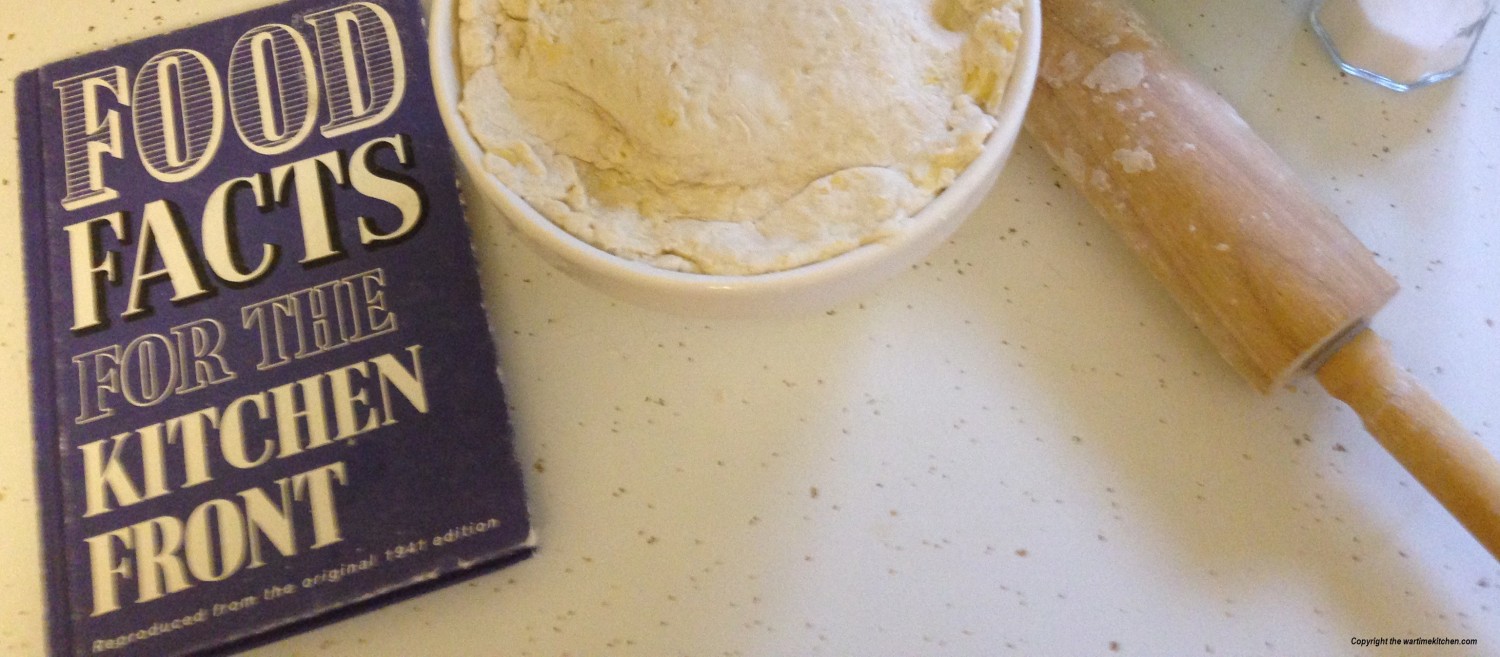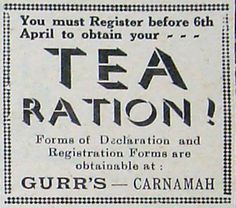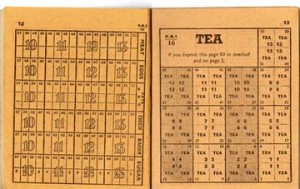No one can doubt the importance of tea in British culture. The phrase “I’ll put the kettle on” led to the all popular “cuppa” bringing comfort to the British public in times both good and bad. With the onset of war in 1939, tea was not initially rationed. The rise of supply ships being sunk by German submarines led to the government taking over the control of food and prices, and tea eventually became rationed along with meat, sugar, butter, and other necessary foodstuffs. The Ministry of Food took even more drastic action to safeguard tea. Within two days after war broke out, the transfer of all tea to warehouses outside London was implemented to protect the morale-boosting product in case of air raids. After the Nazi blockade of supply ships, tea was rationed to 2 ounces per person, per week, for those five years of age and older. This ration made for rather weak tea, and only two to three cups per day, but soldiers and war workers were issued extra rations of tea. A patriotic poem was written when tea rationing was introduced:
Rationing of tea lasted throughout the war. Due to the continued rationing of food postwar, most rationing of goods including tea, did not end until 1952.




